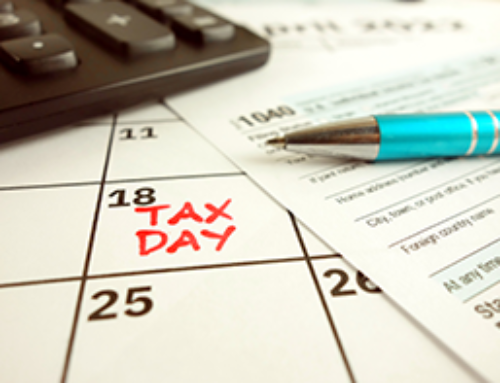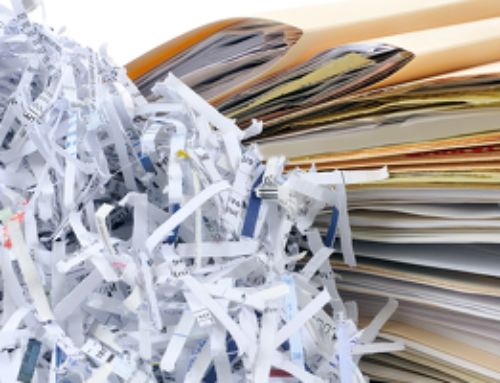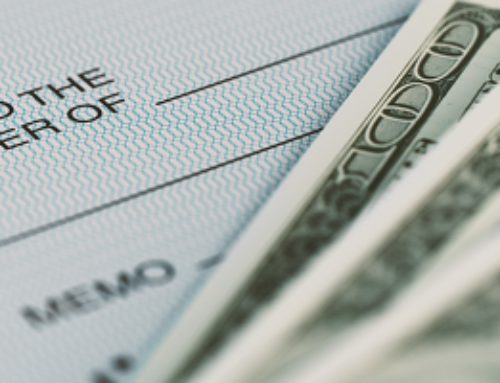Our thoughts are with the many people impacted by Hurricane Harvey. Please feel free to share the information below to help people with the financial burden of the disaster.
The IRS has announced that Hurricane Harvey victims in parts of Texas have until January 31, 2018, to file certain individual and business tax returns and make certain tax payments.
Currently, the following 18 Texas counties are eligible for relief: Aransas, Bee, Brazoria, Calhoun, Chambers, Fort Bend, Galveston, Goliad, Harris, Jackson, Kleberg, Liberty, Matagorda, Nueces, Refugio, San Patricio, Victoria and Wharton. Taxpayers in localities added later to the disaster area will automatically receive the same filing and payment relief.
IRS Gives Tax Relief to Victims of Hurricane Harvey; Parts of Texas Now Eligible; Extension Filers Have Until Jan. 31 to File on IRS.gov. states:
The IRS automatically provides filing and penalty relief to any taxpayer with an IRS address of record located in the disaster area. Thus, taxpayers need not contact the IRS to get this relief. However, if an affected taxpayer receives a late filing or late payment penalty notice from the IRS that has an original or extended filing, payment or deposit due date falling within the postponement period, the taxpayer should call the number on the notice to have the penalty abated.
In addition, the IRS will work with any taxpayer who lives outside the disaster area but whose records necessary to meet a deadline occurring during the postponement period are located in the affected area. Taxpayers qualifying for relief who live outside the disaster area need to contact the IRS at 866-562-5227. This also includes workers assisting the relief activities who are affiliated with a recognized government or philanthropic organization.
Individuals and businesses who suffered uninsured or unreimbursed disaster-related losses can choose to claim them on either the return for the year the loss occurred (in this instance, the 2017 return normally filed next year), or the return for the prior year (2016). See Publication 547 for details.”
Be sure to see more details on these and additional tax relief matters for individuals and business at the link above.
See the articles below on The Mangold Group, CPAs blog page to address disasters like Hurricane Harvey:
Get the Maximum Tax Benefit from a Casualty Loss Deduction
What If You Have a Casualty Gain?
Have You Created an Emergency Records Binder?
If you need assistance, feel free to contact our office.







Leave A Comment